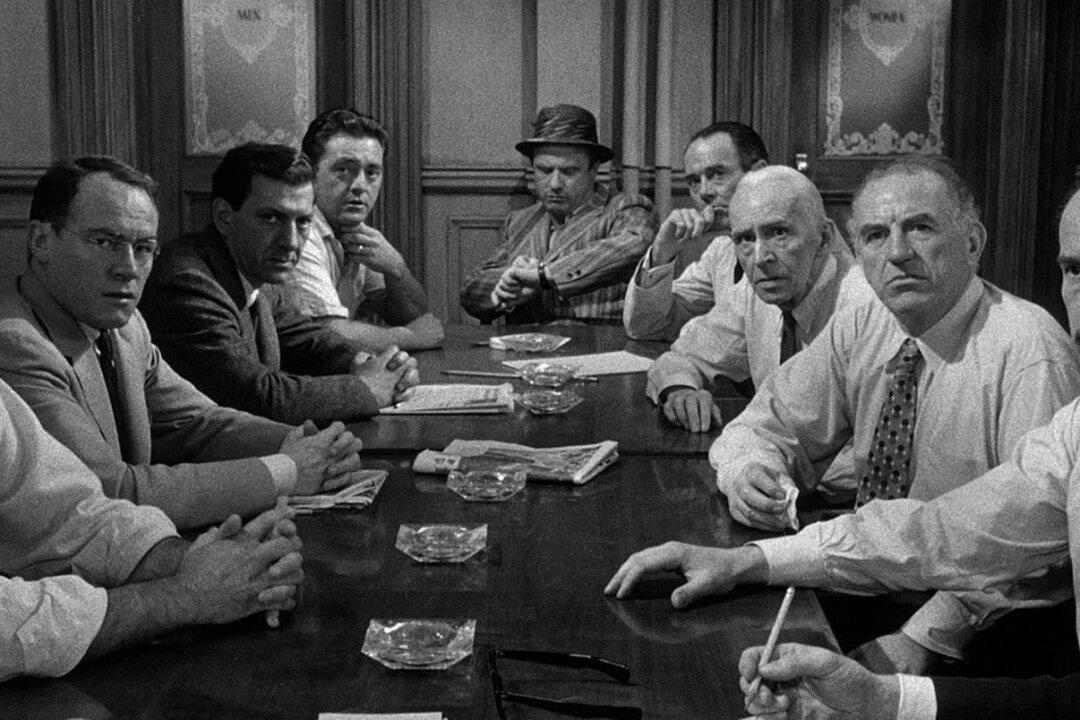Approved | 1h 36min | Crime, drama | 10 April 1957
As someone who was never impressed by courtroom dramas in films or on TV during his younger years, it’s taken me awhile to warm up to them. Perhaps this has to do with the fact that a close relative used to binge-watch Perry Mason episodes ad nauseam—so much so, that I felt I could practically pass the bar by the time I was 16 years old.






